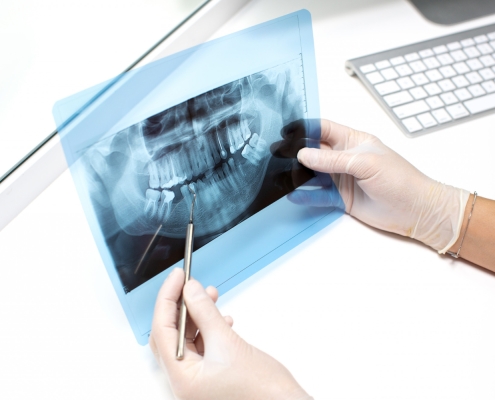
What Do Digital X-Rays Mean for Your Dental Diagnosis?
/
0 Comments
X-rays are one of the best ways for your dentist to understand…


A place for happy & healthy smiles!
We provide exceptional orthodontic care for patients of all ages in Franklin, TN and surrounding areas.
© 2026 Copyright – Cool Springs Orthodontics – Sitemap
